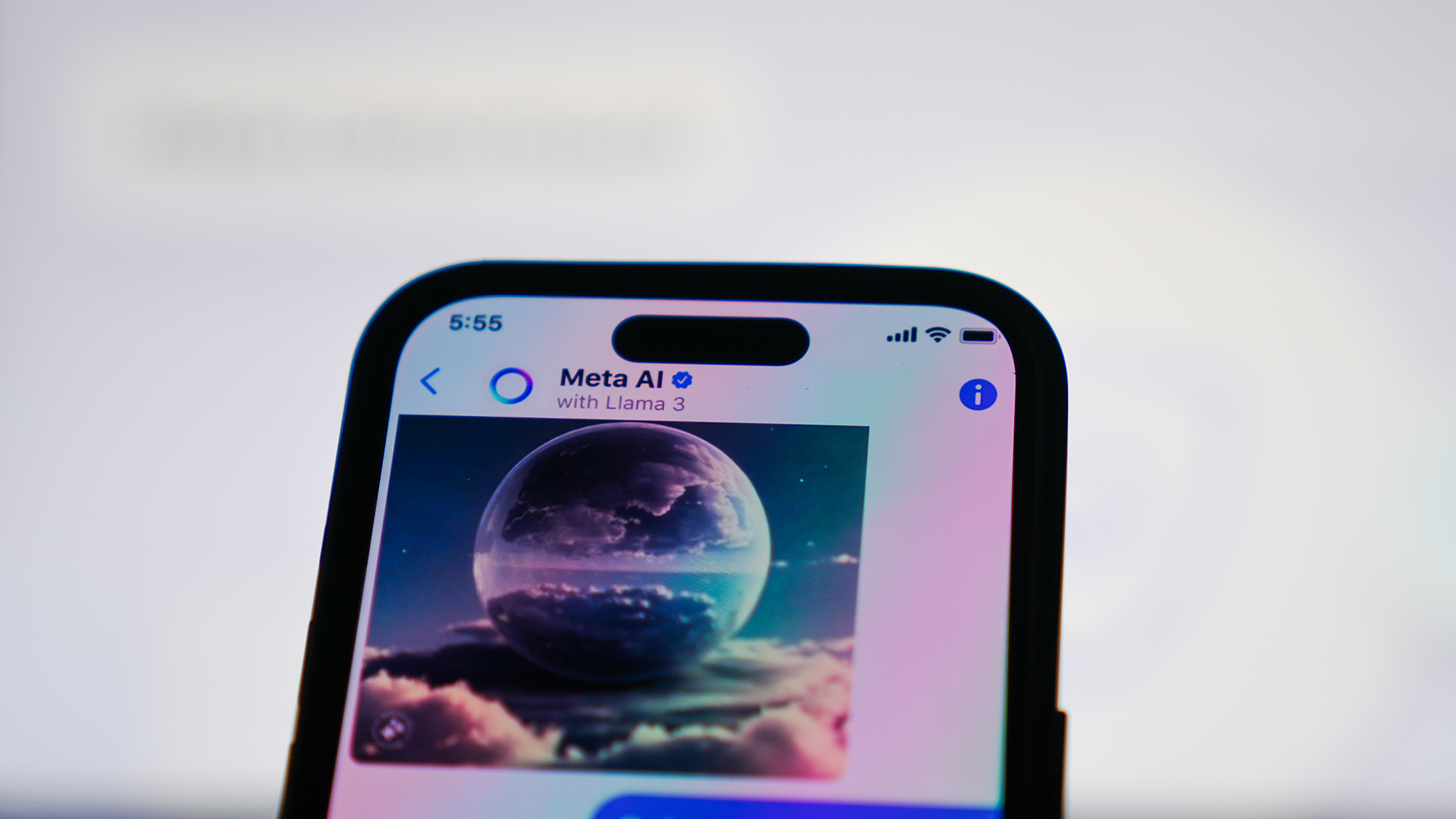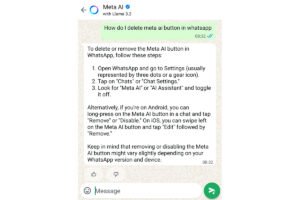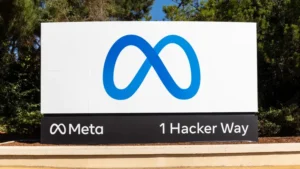Frustrated Instagram Posts Won’t Prevent Meta AI from Utilizing Your Content

Meta’s Use of Instagram User Data for AI Training
Meta, the parent company of Instagram founded by Mark Zuckerberg, recently made an unexpected announcement that has sparked significant concern among its massive user base of around 1.2 billion. The company revealed that user-uploaded images, including original artwork and creative content, will be utilized to train its AI image generation technologies. This revelation was highlighted by Chris Cox, a Meta executive, during an interview with Bloomberg, and has led to pushback from creators. Over 130,000 Instagram users have since reshared a message expressing their discontent and declaring their non-consent regarding data usage for AI training.
Users’ Backlash and Its Implications
The viral post that went around Instagram was formatted as a customizable template, allowing users to adapt it for their Stories easily. This template included a declaration asserting ownership over all images shared on their Instagram profiles and explicitly denying access to their content for AI training purposes.
“I own the copyright to all images and posts submitted to my Instagram profile and therefore do not consent to Meta or other companies using them to train generative AI platforms. This includes all future AND past posts.”
Though the outrage comes from digital artists, photographers, and creators who are understandably concerned about their creative rights, it points to a fundamental misconception regarding how social media platforms operate.
Do Creators Truly Own Their Content?
Instagram’s terms explicitly state it does not claim ownership of user-generated content. However, users inadvertently grant Meta a broad license to use their work when they join the platform. This license allows Meta to modify, reproduce, or create derivative works based on user uploads. Essentially, by uploading any content, users are giving Meta the right to use their images, including for AI data training purposes.
In practical terms, sharing posts that express non-consent does not change the situation. A historical attempt by Facebook users to collectively voice their non-consent to data usage some years ago yielded no tangible results. Current Meta policies emphasize that the company only trains AI models on public content and not on private communications.
How AI Models Are Developed
Meta and other tech giants like OpenAI and Google gather extensive datasets that include text, audio, and images for AI training. This data comprises public posts, comments, and various multimedia shared online over the years. Chris Cox, during his interview, explained that Instagram’s public user posts form a significant part of this training data. For now, Meta does not utilize private messages or content from private accounts in training its AI systems.
As Meta rolled out AI-driven services, it highlighted that public social media content plays a key role in developing these technologies. This poses a potential competitive advantage for Meta over other companies that may not have similar access to such a vast pool of user-generated content.
The Legal Landscape for Creators
The frustration among Instagram creators is palpable. Many have expressed a willingness to leave the platform if the current policies continue. Even though users cannot revoke the consent given when they joined Instagram, there is a growing sentiment of discontent. Some creators describe this situation as an alarming trend where artists’ rights are diminishing as AI technologies become more intertwined with social media and corporate interests.
Artists Fighting Back
Last year, visual artists, including notable illustrators, took legal action against AI companies, claiming these platforms were generating works similar to their copyrighted art without consent. Although a judge did not find that the AI-generated outputs violated copyright directly, the artists could still argue that these companies used their works unlawfully to train their AI models. However, the situation with Instagram is different; creators on this platform have consented—albeit perhaps unwittingly—to Meta’s use of their data.
Protecting Creative Works on Instagram
Meta is exploring ways to give users more control over their data. Recently, the platform introduced a tool on its help center aimed at granting users the right to request the deletion of third-party data utilized for AI training. However, this opt-out does not extend to data shared directly on Instagram, meaning users have limited options to protect their artwork.
Furthermore, a new form allows users to formally object to having their data used for AI. While Meta reviews these requests, it warns that it could still use an artist’s data for AI training regardless. Making accounts private can limit data access, but many creators rely on public profiles to showcase their work and attract followers.
The Complexity of Online Consent
The confusion surrounding consent highlights a broader issue regarding user privacy online. The lengthy and convoluted terms of service create difficulty in understanding what rights users relinquish upon joining a platform. Many people consent to these terms without fully comprehending their implications, further muddling the fight for artists’ rights in the age of AI. The complexity of modern consent practices raises essential questions about the role of user agency in an increasingly data-driven world.






